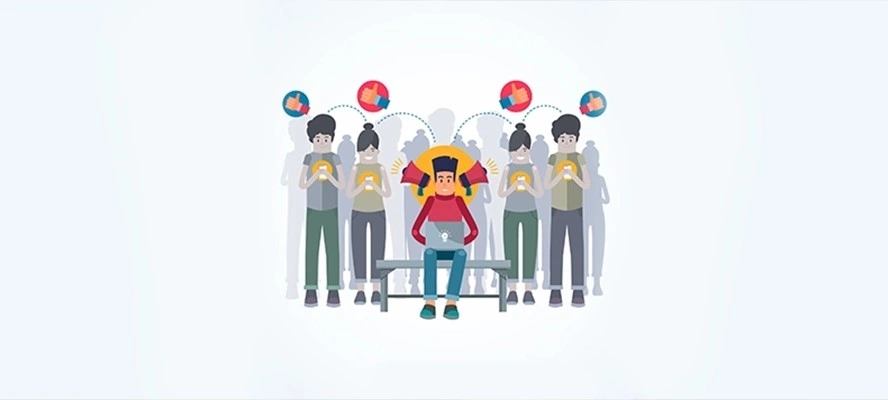Imagine your brain as a well-designed kitchen. Dopamine, the “feel-good” chemical is like the spice rack. A little sprinkle makes food delicious, keeps you motivated to cook again, and ensures you enjoy life’s small and big wins. But what happens when someone keeps sneaking in extra spice every time you eat? At first, it’s exciting, but soon, your taste buds adapt, and suddenly plain food feels bland.
This is exactly what social media does to the brain’s reward system, it keeps adding extra dopamine spice until our natural flavors of joy feel dull without it
Dopamine: Nature’s Motivation Chemical
But social media platforms are built like digital casinos. Each notification, like, or new follower is a mini jackpot. Research from Harvard (2018) shows that getting likes activates the same brain regions as receiving monetary rewards. In other words, your phone pings, and your brain lights up like a slot machine.
Think of scrolling like pulling a lever on a slot machine. Sometimes you get a funny meme, a sweet comment, or a viral reel. Sometimes… nothing. This unpredictability, known in psychology as variable ratio reinforcement, is the most powerful way to train behavior. That’s why you check your phone even when you don’t need to. The brain whispers: “Maybe this time I’ll win.”
Now when the system gets Hijacked, over time, the brain begins to crave those quick hits of digital reward: Attention span shrinks – Long, effortful tasks (studying, reading, conversations) feel boring compared to the rapid dopamine hits of swiping.
Mood rollercoaster – A flood of dopamine when a post does well… and a crash when it doesn’t.
Self-worth on sale – Instead of feeling good for who we are, we measure our value in likes and views.
Addictive loops – Ever noticed you open Instagram, close it, and then open it again a few seconds later without thinking? That’s the hijacked reward system at work.
Neuroscientists at Stanford have found that excessive social media use rewires reward pathways, making people more sensitive to digital approval and less responsive to everyday joys.
Reclaiming Your Reward System
Here’s the good news: our brains are plastic, they can change. Just like we can reset taste buds after eating too much sugar, we can reset dopamine.
Mindful pauses – Before opening an app, ask yourself: “Am I checking this out of boredom or intention?”
Digital detox snacks – Even 2 hours without your phone can reset dopamine levels and reduce craving
Natural dopamine boosters – Exercise, face-to-face connection, learning a skill, listening to music, these activities give deeper, longer-lasting dopamine rewards.
Control the slot machine – Turn off non-essential notifications. Make your phone work for you, not against you.
The goal is to reclaim balance, so your brain can savor both, the quick joys and the deeper satisfaction of a real conversation, a finished book, or a walk in the evening sun.

